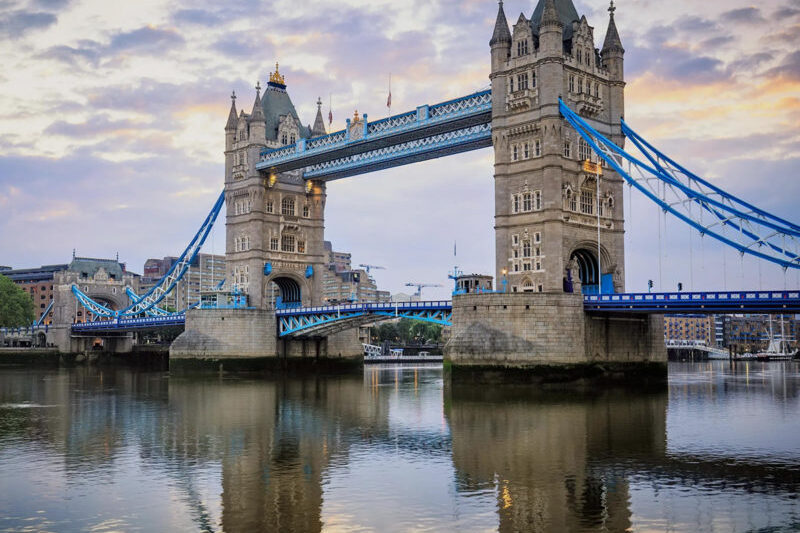
We provide immigration in all over country and universities.

Like other European Union (EU) countries, France has a two-tier immigration system. Nationals from the EU and European Free Trade Association (EFTA – Iceland, Liechtenstein, Norway, and Switzerland) can live and work freely in the country. Those from outside the region are subject to immigration controls. So if you are part of the latter, you’ll likely need a visa to live and work in France.
The French Office for Immigration and Integration (L’office Francais de l’immigration et de l’intégration – OFII) is the government agency in charge of immigration and visas.
French work visas can usually be split into three categories, which are:
Looking a little closer, you can divide those categories into six sub-categories:
The majority have suffered alteration in some form, by injected humour, or randomised words which don’t look even more slightly believable. If you are going to use a passage of Lorem Ipsum, you need to be sure there isn’t anything embarrassing hidden in the middle of text all the generators on the Internet.
Students also don’t need a work visa because it is already included in their residence permit. They are allowed to work up to 964 hours a year (i.e., around 60% of standard working time in France) unless they are Algerian. in this case, they can only work 50% of normal French working hours.
Also, if you are already in France on another visa (e.g., a family visa), you will need to check the terms of your permit to see whether you are allowed to work. If not, you can apply for work authorization from the French authorities.
When you are from outside the EU/EFTA, you will likely need a work visa. There are some exceptions to this rule. You don’t need a visa when you work in or at:
Due to Brexit, UK citizens are subject to the same immigration restrictions as non-EU/EFTA nationals. They will usually require a work permit to work in France. However, unlike non-EU/EFTA citizens, they don’t need a visa to enter and stay in France for less than three months. If they want to stay longer, they must apply for a residence permit.

There are four main categories of work-related visas in France:
Although the application process is similar, each has different requirements and costs and varies on how long it is valid.
France has a short-term work visa valid for up to 90 days within any 180-day period. This visa is issued for any general short-term work and business travel. You cannot renew a short-stay French visa; instead, you’ll need to apply for a long-stay visa.
There are many variations of passages of Lorem Ipsum available, but the majority have suffered alteration in some form, by injected humour, or randomised words which don’t look even slightly but the majority have suffered alteration.
Click one of our contacts below to chat on WhatsApp